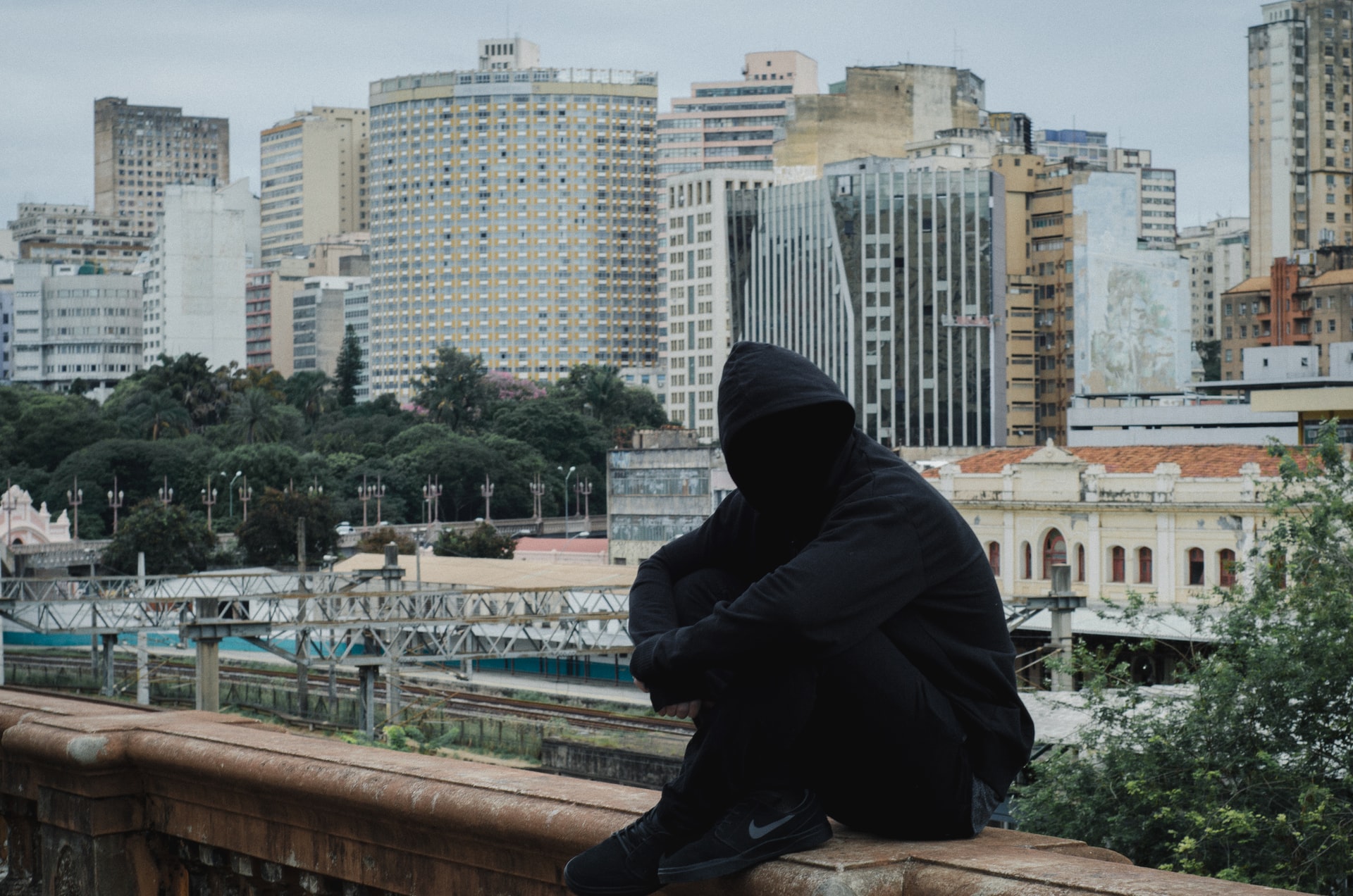TL; DR : Experts share their vision of the problems in Russia related to the digital right to anonymity.
On September 12 and 13, the Greenhouse of Social Technologies and RosKomSvoboda are holding a hackathon on digital citizenship and digital rights demhack.ru . In anticipation of the event, the organizers are publishing a third article on mapping the problem field in order to find an interesting challenge for themselves. Previous articles: on the right to publish digital works can be found here (part 1) and on access to information here (part 2) .
Right to anonymity
Anonymity is a state of inability to determine a person's personality. The right to anonymity, i.e. the ability to perform actions on the web without being determined is extremely important for the following constitutional right to freedom of thought and speech (article 29).
The foundations of the architecture of the Internet were created at a different time and in different conditions. There were doubts that anyone other than academics (or, ahem, people in the same clothes) would sit in front of black terminals. There were also doubts about whether they would use personal computers. Tim Berners-Lee's worldwide network so that it is not necessary to bring CERN documents to one standard. Hardly anyone could have imagined that the Internet will reach such importance in our lives as it has now.
But it turned out how it happened. And it turned out that in the existing architecture of the Internet, almost all moves can be recorded.
Certain qualities of our life crystallize into civil rights only when they are threatened, says American philosopher John Searle. Freedom of speech only needs to be protected when it is likely to be replaced by propaganda and censorship. When the Internet was young, free and innocent, and our presence on it was ephemeral and harmless, we didn't need rights. When the opportunity to use the Internet (and not only the Internet) was threatened as if no one was looking, more and more people began to address the issue of not only providing this right, but also defending it on a more fundamental front - moral and philosophical.
XIX . , , . «, , . , , - , ».
XX , - , . , , , , . , - , .
, . , , , - , - , ..
, , . , . :
( );
, ;
1. ( )

1.1.: , « ». , , . - DPI , DPI , . , , .
: , , . ;
: « » , end-to-end .
1.2.: . — , , — . , cookie . Mozilla , – .
: . , Chromium.
1.3.: - .
:
. , (, , ).
, -. , , ( , ).
1.4.: , - (, GetContact), .
:
, , - ;
(-?), , ;
, .
1.5.: – , . – , , .
2.

2.1.: .
: .
2.2.: (, ).
:
- ;
, ;
, .
Darknet
2.3.: whistleblower’.
:
-. , , match’ .
, (, ).
2.4.: “” OSINT – OSINT.
: .
2.4.: Black-box’ ( , , SecureDrop). . , , .
:
;
black-box ( );
Black Box - ( , ?);
« » – : , , .
, ( ).
PS: , 4- 12:30 ( ) - , , - «: , ». .
, , - Links, , . demhack.ru 8- 2020 .